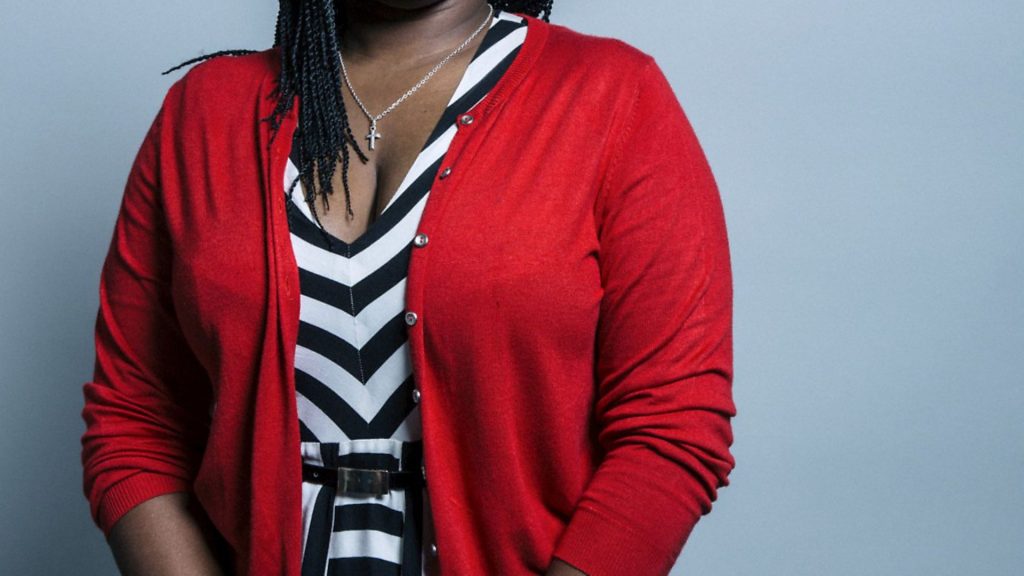
Shadow disabilities minister MARSHA DE CORDOVA on the impact that Brexit could have on those living with a disability.
Remember the minister who suggested Britain should make life tougher for disabled people?
Remember the MP who, talking about disabled Britons, said, “Let’s put their medical supplies at risk, squeeze their essential NHS resources, and take a wrecking ball to the social care networks that so many disabled people rely upon”?
Remember that? Of course not: no sane politician is going to highlight these inconvenient truths about the challenges disabled people will face in the inevitable chaos of Brexit. But be in no doubt that these are very real truths about Brexit.
And don’t for a minute believe that the number of people we are talking about is small – roughly one in five of us in Britain is a disabled person.

While a combination of British and European laws means disabled people now have more rights than at any time in history, the harsh truth is that half of those in poverty are disabled or live with a disabled person.
In other words, the situation as it stands is far from ideal – and Brexit will make things far worse.
Boris Johnson has promised to remove the UK from the EU by October 31st, “Do or die”. This seems a chillingly appropriate phrase, considering that health secretary Matt Hancock has said he cannot guarantee no one will die in the event of a no-deal Brexit.
Best for Britain, who are campaigning to keep Britain in the EU, have highlighted the threat to critical services presented by Brexit. Having sifted through every local hospital’s Brexit planning documents, their report on EU staff leaving, supplies being stretched and funding cuts meaning closing wards is truly chilling.
And if that’s not disturbing enough for you, within the last month, care minister Caroline Dinenage has admitted that no formal impact assessment has been conducted by her department into the effect of Brexit on people with disabilities. You know, because why should the Department of Health and Social Care actually care about disabled people?
Why should they care that disabled Britons living in Europe, as well as residents of Northern Ireland using health services across the border, could lose free healthcare? Why should they care that the NHS is already creaking under the burden of Brexit – since the 2016 Brexit vote, there has been a 96% drop in nursing applications from non-British EU citizens and 45% of EU doctors in the UK are considering leaving because of it.
There are already more than 100,000 social care job vacancies in England alone and, with the UK’s ageing population, the pressure on services for disabled people is set to get greater. More than half a million more social care workers will be needed by 2035 but, if Brexit continues, there could be 115,000 fewer by 2026, according to think tank Global Future. Curtailing people’s freedom of movement through Brexit is not going to improve the situation.
As the shadow minister for disabled people, I have therefore warmly welcomed Labour’s shift this week to campaign for a new referendum, and to fight for the Remain cause against a Tory prime minister.
The EU has done many positive things, such as making Braille compulsory on all medicinal products and introducing anti-disability discrimination legislation which closed a UK loophole through which companies with fewer than 20 employees could still discriminate on grounds of disability. For disabled people in particular, it has been, and continues to be, a force for good.
If you want the measure of a country, its people and its political leaders, look at how they treat the most vulnerable in society. And then look at how Brexiters are prepared to treat disabled people as being nothing more than collateral damage, as they try to bulldoze Britain backwards in time.
Brexit is bad for us all, and for disabled people in particular. That’s why it must be stopped.
– Marsha de Cordova is the MP for Battersea and a supporter of the Best for Britain campaign to stay in the EU. She is Labour’s shadow minister for disabled people.









